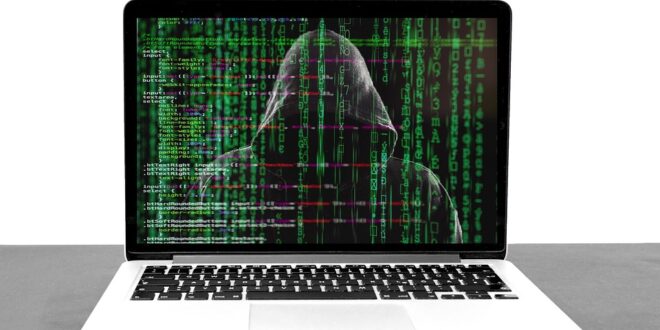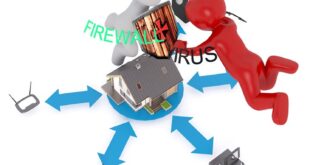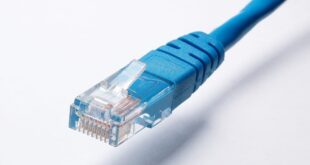Tips for Protecting Yourself Against Cyber Attacks
Stay Updated
The first rule of cybersecurity is to stay updated on the latest threats and vulnerabilities. Keep your software, operating system and antimalware tools up to date to ensure they are providing maximum protection against cyber attacks.
Create Strong Passwords
A strong password may be your best defense against an unfortunate online breach. Create a long, random password consisting of a mix of letters, numbers, and symbols for each account you create.
Beware of Phishing Attacks
Phishing attacks aim to trick you into revealing sensitive login information, account numbers or passwords, and personal data to adversaries. Watch out for generic language, grammatical errors, suspicious sender addresses and URLs.
Use Two-factor Authentication
Two-factor authentication (2FA) adds a critical layer of security to your login process by requiring an additional code from your phone or other device to log into your account. This process is mandatory for sensitive websites, banks and financial institutions.
Use VPN services
Using virtual private network (VPN) services is an easy way to prevent cybercriminals from seeing your browsing activity, whether it’s on a public Wifi connection or at home. VPN encrypts everything between the server and the client, which helps to protect what you browse, stream or download from online attacks.
Don’t trust public Wi-Fi networks
Public Wi-Fi networks, such as those in airports, coffee shops, and hotels, are often open to anyone and insecure. Avoid using public hotspot Wi-Fi for banking, email or any website login. Instead, switch to your data plan for better privacy and security.
Beware of App permissions
Be careful when granting app permissions on your smartphones, tablets or computers. Cyber Attackers often hide malicious threats behind legitimate-looking apps with overly enclosed access to hardware and data, sometimes enough to map your complete system without your knowledge.
Protect your Privacy
Protect your online privacy reserve data information carefully, beyond contact information. For personal information such as date of birth, identity number, and email address use Privacy tools, the more you share your data online, the more susceptible you become to unwanted cyber attacks.
Closing thoughts
In today’s era of rapidly advancing technologies and expanding cyber threats, it’s essential to follow basic security practices. By implementing these security strategies, Small businesses and individuals can decrease the risk of falling for cyber threats, amplify vigor, and keep your data secure. Start with these tips, live by them consistently with discipline and you can rest secure against cyber attackers.
 Mind Uncharted Explore. Discover. Learn.
Mind Uncharted Explore. Discover. Learn.




